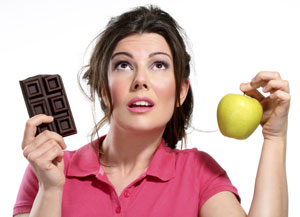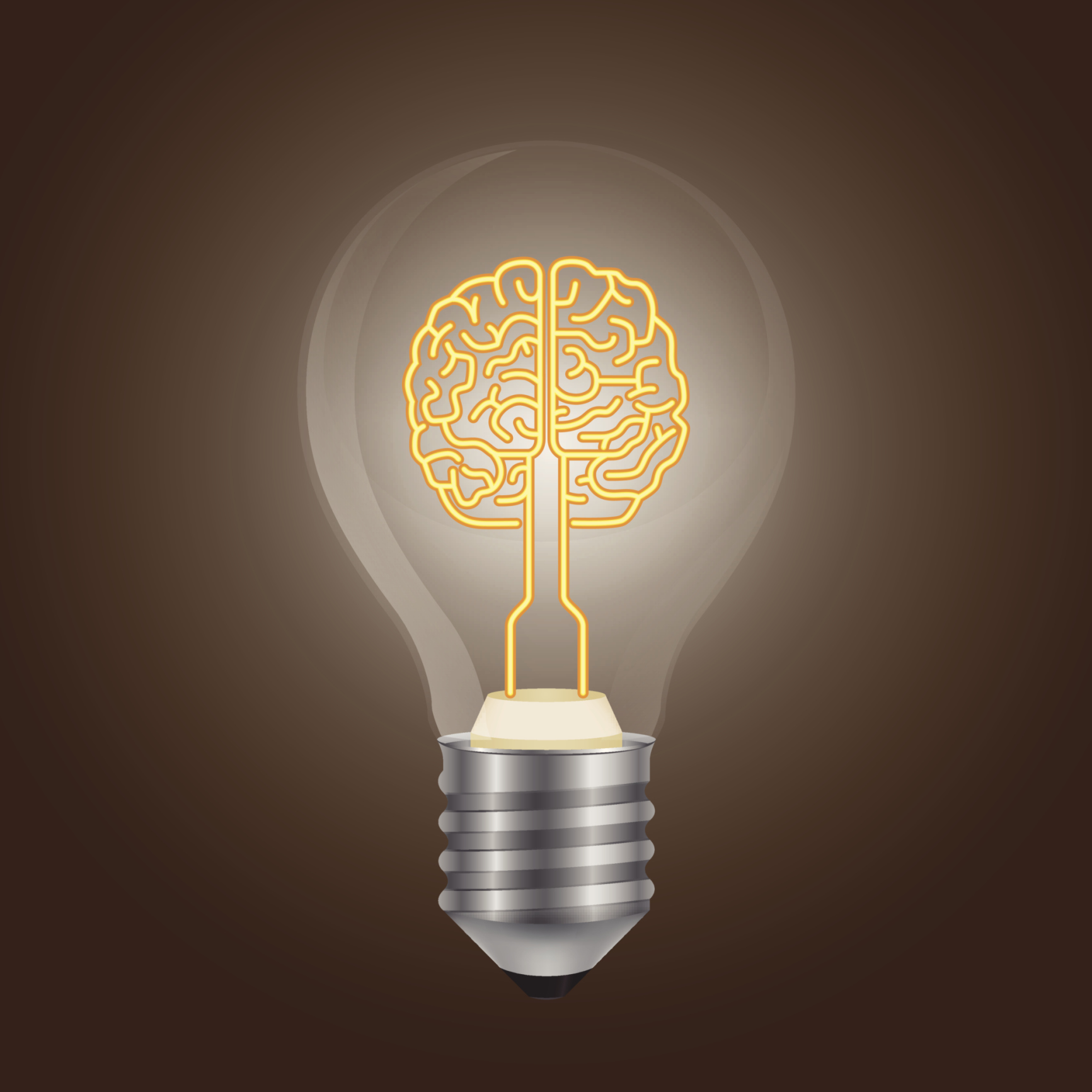Stay Informed
Popular Articles
- Hiatal Hernia: Hidden Cause of Chronic Illness
- Small Intestinal Bacterial Overgrowth (SIBO)
- Applied Lymphology: Unlocking the Secret to Pain Relief
- An Introduction to Constitutional Iridology
- The Low Down on Liver Detoxification
- An Energetic and Emotional Approach to Cancer
- Fat Facts
- Marrow in the Bones
- Blood Type and Nutrition
- Cardiac Herbs: Beyond Hawthorn
Quick Search
The School of Modern Herbal Medicine




Kicking the Sugar Habit
- 7/10/2008
- Categorized in: Nutrition
 This is part two of a three-part article. Be sure to read the other two parts.
This is part two of a three-part article. Be sure to read the other two parts.
Part One: Breaking the Addiction to Sugar
Part Three: Helps for the Recovering Sugar Addict
As I indicated in part one of this article I think that the single biggest factor in my improved health was simply giving up refined sugar and processed grains. Although I'd been minimizing my sugar intake for years, I was motivated to go “cold turkey” when an iridologist named Grace Larsen in Orem, UT told me I was pre-diabetic. That was in the early 1980s. At the time I didn't know why she said this, but now that I'm an iridologist I know—I had a lot of orange in my eye and I also have a lacuna on my pancreatic area.
Giving up sugar helped me have empathy for people who are overcoming addictions of any kind. Growing up, I never smoked, used illegal drugs, drank any kind of alcoholic beverage, or consumed tea, coffee or caffeinated sodas. This was due partially to my religious upbringing, but my family's standard was even higher than the one encouraged by our church because my mom wouldn't let us drink caffeinated sodas.
I was really obedient to these standards, too. In fact, I drank my first Coca Cola in 1986 in mainland China at the age of 32, just because I was dehydrated and there was nothing else to drink. (By the way, I first tasted wine when I was 40 and my first taste of coffee was at the age of 45.)
The point in this is that I had a hard time understanding addiction until I tried to give up refined sugar. I didn't think I had any addictions. Boy was I wrong.
Sugar is an Addictive Drug
I really believe that refined sugar is not a food. It has been processed to the point that it's a lifeless chemical drug. And, I believe that because it took me three weeks of complete abstinence to get over the physical withdrawal symptoms.
I learned from the experience of going “cold turkey” off of sugar that that getting past the physical addiction is only 25% of the battle. The psychological and social aspects of the addiction are much harder to get past.
It took me at least a year, perhaps two, to overcome the social/psychological addiction to sugar. The social addiction comes because sugar is such a social thing. It was especially true in the culture I was in. If you don't smoke, drink, etc., what do you do? The answer, eat sugar and chocolate. I was amazed at how offended one of my friends was one day when I politely said “no thank you” to a piece of chocolate cake. I could see why people who are trying to quit smoking or drinking often have to change their circle of friends.
The psychological addiction comes because we've been trained since childhood to reward ourselves with sugar and to use sugar as a medication when we feel hurt or sad. Birthday parties, holidays and celebrations of all kinds revolve around sugar. How many well-meaning parents offer sugary treats to their children when they are crying or upset? I even wrote a poem about eating cookies to stop crying when I was twenty.
Sugar gets psychologically associated with having a “good time” and receiving comfort from others. So, you feel you're depriving yourself when you turn it down and that doesn't feel good.
Handling the Urge to Binge
Fortunately, I was working at that time with Dr. C. Samuel West, who preached (and preached is the correct word) against the “evils” of sugar and refined grains. He said that you should avoid the stuff and focus on eating healthily, but he also said that if you got the urge to binge, do it with gusto because if you've been eating right long enough, the stuff will immediately make you sick. He was right.
After I'd been off refined sugar for at least one month, I would occasionally let myself “binge.” The sugary treats always looked fun and appealing, but I'd always feel worse afterwards. This made it easier to avoid the next time. I “arrived” one day when I suddenly got the urge for some donuts. I went to the local donut shop and picked out three that looked good. When I sat down and took a bite however, they tasted like white flour, sugar and shortening. I was so used to eating whole foods that they tasted awful to me. I was never tempted after that.
When there were company parties and everyone was having cake and ice cream I just didn't have any. One of my fellow employees commented, “You have a lot of will power.” I told her that will power didn't have anything to do with it. If you don't like broccoli does it take willpower to turn it down? The stuff had completely lost its appeal. I was too addicted to the good feeling I had when I didn't eat it.
Lifting the Mental Fog
 Which brings me to the other thing I learned when I gave up sugar. I felt like a fog had been lifted from my brain and I could think clearly. I also felt closer to God. For about 8-10 years I avoided refined sugar like a recovered alcoholic avoids alcohol. I just didn't like the way it made me feel when I ate it. This was one of the most best periods of my life in terms of productivity and learning. Then, because of some emotional struggles, I relaxed my attitudes. I began to socially indulge again.
Which brings me to the other thing I learned when I gave up sugar. I felt like a fog had been lifted from my brain and I could think clearly. I also felt closer to God. For about 8-10 years I avoided refined sugar like a recovered alcoholic avoids alcohol. I just didn't like the way it made me feel when I ate it. This was one of the most best periods of my life in terms of productivity and learning. Then, because of some emotional struggles, I relaxed my attitudes. I began to socially indulge again.
The mental “fog” that crept in was slow, but steady. I wasn't eating that much sugar, but I did notice a difference. Now, I'm working back towards a total avoidance of refined sugar because I again developed dysbiosis (SIBO) and want to eliminate it. This time I'm even trying to minimize my use of natural sugars like honey and raw sugar. My head feels clearer, my digestive system works better and I'm more productive when I stay away from the white-sugar drug.
I believe it's partly a vibrational thing. Refined sugar is a completely dead food vibrationally. Unprocessed honey, while very similar chemically, is still a live food and vibrates at a higher frequency. While it's still not good to eat too many sweets, even ones that are sweetened with natural sugars, I find that the mental clarity is still there because they have more “light and life” in them.
If you doubt my assertion that sugar is a drug, then I challenge you—give it up “cold turkey” for just three weeks. You might be amazed by what the experience will teach you.
